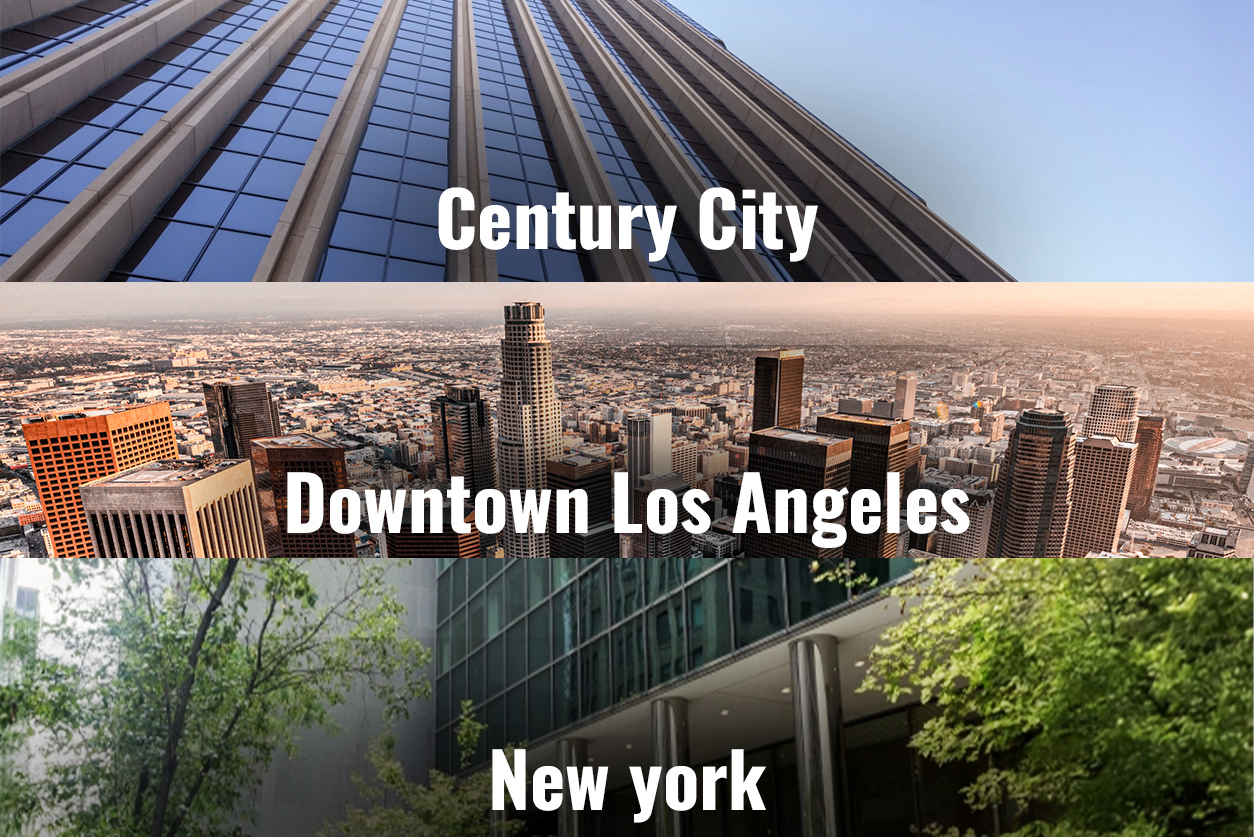
Religion Discrimination in Los Angeles
Religious discrimination is treating individuals differently in their employment because of their religion, their religious beliefs and practices, or their request for accommodation (a change in a workplace rule or policy) of their religious beliefs and practices. It also includes treating individuals differently in their employment because of their lack of religious belief or practice. Title VII of the Civil Rights Act of l964 prohibits discrimination in hiring, firing, and other terms and conditions of employment against individuals because of their religion. The Act also requires employers to reasonably accommodate the religious practices of an employee or prospective employee, unless to do so would create an undue hardship upon the employer (see also 29 C.F.R. part 605). Flexible scheduling, voluntary substitutions or swaps, job reassignments and lateral transfers are examples of accommodating an employee's religious beliefs.
Employers cannot schedule examinations or other selection activities in conflict with a current or prospective employee's religious needs, inquire about an applicant's future availability at certain times, maintain a restrictive dress code, or refuse to allow observance of a Sabbath or religious holiday, unless the employer can prove that not doing so would cause an undue hardship.
An employer can claim undue hardship when accommodating an employee's religious practices if allowing such practices requires more than ordinary administrative costs. Undue hardship also may be shown if changing a bona fide seniority system to accommodate one employee's religious practices denies another employee the job or shift preference guaranteed by the seniority system. An employee whose religious practices prohibit payment of union dues to a labor organization cannot be required to pay the dues, but may pay an equal sum to a charitable organization.

Types of Employment Law cases we take
Contact The Spivak Law Firm Today


